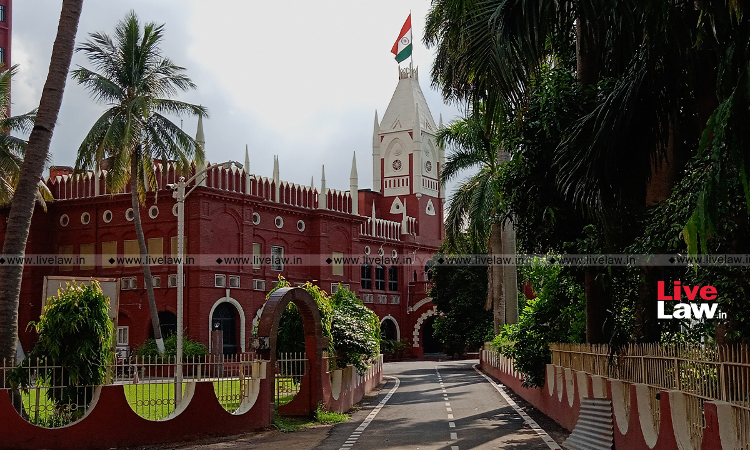S. 172(3) CrPC | Accused Has No Right To Access Case Diary: Orissa High Court
Jyoti Prakash Dutta
1 Sept 2022 6:04 PM IST

Next Story
1 Sept 2022 6:04 PM IST
The Orissa High Court has ruled that an accused has no right to access 'case diary', as there is a strict bar under Section 172(3) of the Code of Criminal Procedure ('Cr.P.C.'). A Single Judge Bench of Justice Sashikanta Mishra observed, "The matter therefore needs to be viewed with all seriousness by all concerned, not only by the concerned courts but also the office of the...
